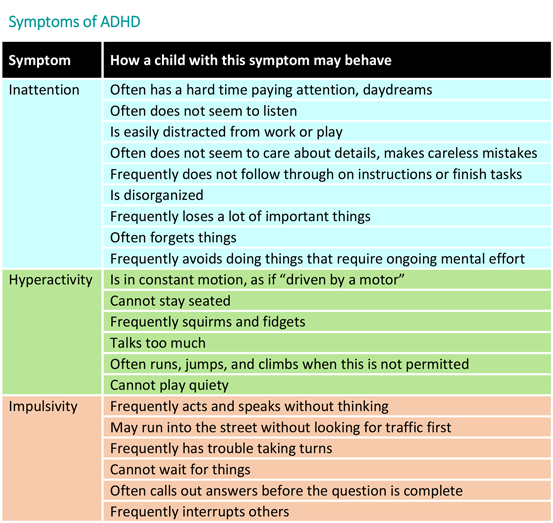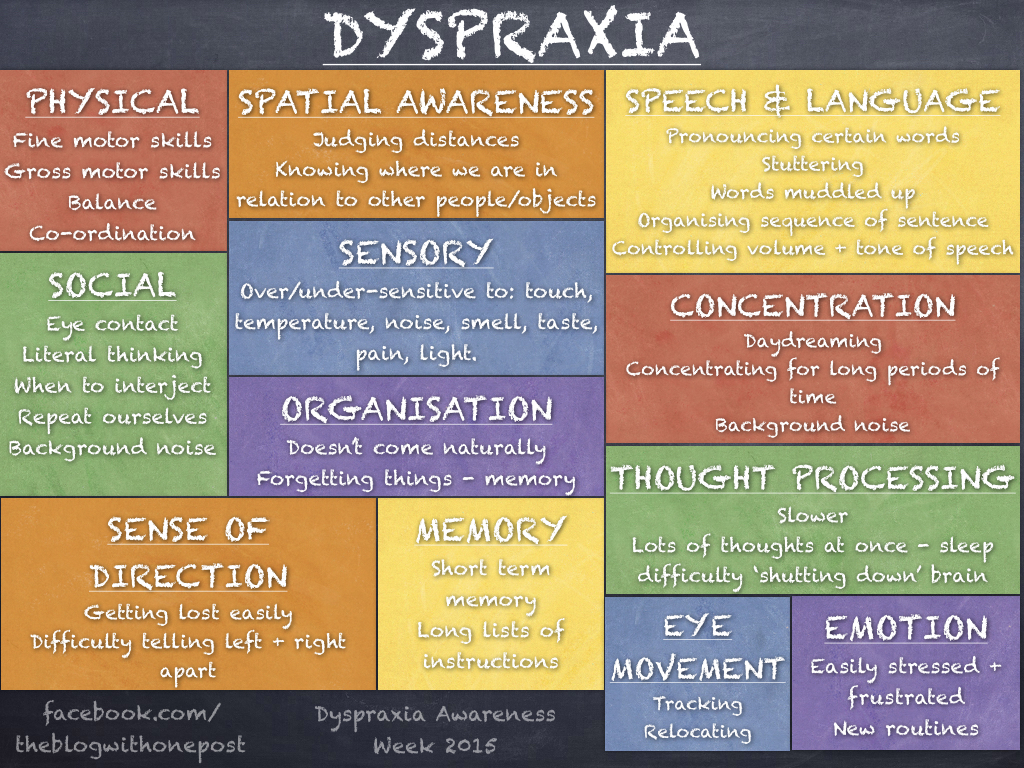Neurodiversity
Neurodiversity is a term to describe a family of conditions that affect thinking, processing and learning in a particular way. These include dyspraxia, dyslexia, ADHD, Autism, Dyscalculia and Tourettes Syndrome. They are sometimes referred to as Specific Learning Difficulties or Neurodivergent. Neurodiversity recognises that people learn and process the world in many different ways, and that some people’s brains are just wired differently.
There are many strengths to being Neurodivergent, alongside many challenges. ADHD, autism and dyspraxia are especially misunderstood in girls and women, leaving many to go undiagnosed and lacking support until later in life. They often co-occur meaning that if you have one, it is very likely to be diagnosed with another. As young carers, you could be neurodivergent or care for a neurodivegent sibling, parent or other family member.
Tips for caring for someone who is neurodivergent
- Everyone is different – recognise what they need at a particular time, and be guided by them.
- Offer lots of encouragement and reassurance when they need it
- Learn about their neurodivergent condition. If they are verbal ask them questions about what it is like for them.
- Be clear about timings, explain when you will go out, what time you will be back and text or call if you will be later than expected.
- Try not to get frustrated with them
- Give them time to process what you say. Repeat things if necessary. Leave notes if that helps.
- Allow them space when they need it.
- Talk to a teacher or member of staff at the Carers’ Centre if you are struggling with life at home
- If they struggle with executive function make a visual morning routine so they can tick off everything that is happening in the day
- Encourage them to use alarms to remind them to do things, for example take medication or have lunch
- Make sure you make time for yourself too so you will better be able to dedicate valuable time for your family member
- Practice good self care together. Is there an activity you both enjoy? Could you block out some time every week to do that together?
Useful Questions & Answers
The first thing you can do is speak to a teacher at school you trust or someone at home. You can also ask to speak to the SENCO at school, who coordinates additional needs. If you want a diagnosis, you can speak to your GP who will be able to make the appropriate referral, this could either be to CAMHS or to a specialist doctor or occupational therapist. It will be a good idea to make a list of everything you struggle with at school, home and socially. This will help them decide who is best to support.
Remember: you are not alone.
ADHD is caused by a lack on dopamine in the brain, and this makes tasks that require executive functioning harder to achieve. Executive functions are things like remembering everything you need before you leave the house, preparing food, getting up in the morning and being able to tick everything off your to do list. When people have ADHD they can struggle with attention, concentration and focus. Some people with ADHD are also hyperactive. Hyperactivity can mean physical hyperactivity when they are constantly on the go, or mental hyperactivity when their brain is constantly consumed with lots of thoughts. Some people describe this as a noisy brain.
People with ADHD can also experience ‘hyperfocus’ when they are intensely interested in something and struggle to switch tasks or do anything else. People can be hyperfocused on video games, social media, work or reading. Hyperfocus often means that they can neglect their basic needs like eating or getting dressed for the day.
ADHD can be supported by a mixture of medication, therapy and self management strategies. ADHD can not be cured, but medication can help increase their day to day functioning and make tasks feel more manageable.
Dyspraxia is a lifelong condition impacting motor coordination. Everyone is different but it usual affects visual spatial skills, short term memory and processing. These difficulties can cause challenges when crossing roads, or being asked to remember a lot of verbal information or playing sports in PE. Dyspraxia and DCD (developmental coordination disorder) are the same thing, people who are diagnosed now will hear DCD being referred to rather than dyspraxia. Sometimes dyspraxia can affect speech too.
People with dyspraxia are often very creative, determined and are good at thinking outside the box. They are able to problem solve well, often due to experiencing barriers throughout their life. It is possible for people who have dyspraxia to have another neurodivergent condition too.
Autism often affects social communication and how you perceive the world around you. Autistic people can struggle with decoding non verbal cues and body language, find it difficult to maintain friendships and have different sensory needs. Sensory needs might mean food textures, touch, sounds of lighting. All of these may need to be adjusted to prevent sensory overload. Sensory overload is when the stimuli from the world around them is too much for the autistic person. Some autistic people are non verbal because they have not learned to speak. They are still able to communicate in other ways though, through sign or supportive devices.
Autism affects everyone differently, and girls in particular can be diagnosed later. This is often down to masking when they are able to hide their autistic traits to fit in with the people around them.
There are different diagnosis pathways for children and adults.
For children your best option is to see your GP. They will then be able to refer you to CAMHS for autism or ADHD or a paediatrician or occupational therapists can diagnose dyspraxia. For other Specific Learning Difficulties like dyslexia or dyscalculia an Educational Psychologist will be the best person person to see. A school can refer to an Educational Psychologist who will also be able to conduct a cognitive assessment and advise on next steps.
The working for carers team can help support you to find work. Click here for more information.
Some people also benefit from something more neurodivergent specific to understand your unique pattern on strengths and weaknesses. Genius Within and Exceptional Individuals both offer career coaching and how to progress into work.
Once you are in work you can get support to help you keep your job too. These are called reasonable adjustment. Under the Equality 2010 employers have to make sure the workplace is accessible to disabled employees, this could include flexible working, more time for deadlines or a longer induction period to familiarise yourself with a new building. You can also apply for Access to Work, which is a government funded scheme offering the support you need in your job. This could include software, equipment, help with travel or 1:1 therapy or coaching.
Everyone’s needs are different but you could be entitled to:
- Extra time in exams
- A laptop to type if you struggle with handwriting
- 1:1 support in lessons
- Longer deadlines
- Everything typed up for you so that you don’t have to copy things down from the board
- Time out if things get to much or you need to move
- Fidget toys to help you concentrate in lessons
- Extra tuition in subjects you find hard; for example maths or English
- Tasks broken down to smaller sections for you to process.
Every university has a disability support service, who support a wide variety of neurodivergent conditions alongside physical disabilities. You could be entitled to disabled students allowance, this could fund assistive technology, administrative support in lectures or 1:1 study skills support. Your universities disability service will be able to guide you through this.
As a young adult carer you could be entitled to further support when you go to university, this could include:
- Support with your studies – flexibility around deadlines, more tuition and help managing your workload.
- Financial support – some universities have bursaries and scholarships for young adult carers.
- Health and wellbeing support – this could mean induction days over the summer to give you an opportunity to discus your support needs.
- Carer Passport – Some universities offer a carer passport which means you don’t have to explain your story to every lecturer you meet.
Girls and women often go undiagnosed as they often present differently to boys. They are often able to mask or hide their difficulties. There are often preconceived ideas about what ADHD or autism looks like, and many girls do not fit in with this stereotype. For example a boy with ADHD might present as being very hyperactive and the centre of attention. Whereas a girls hyperactivity will be more internal related to her thoughts and will not be picked up by school. Whereas the “disruptive boy” will be.
There is no evidence to suggest the neurodiversity is more common in boys than girls, it’s just that boys often get a diagnosis and recognised sooner.




